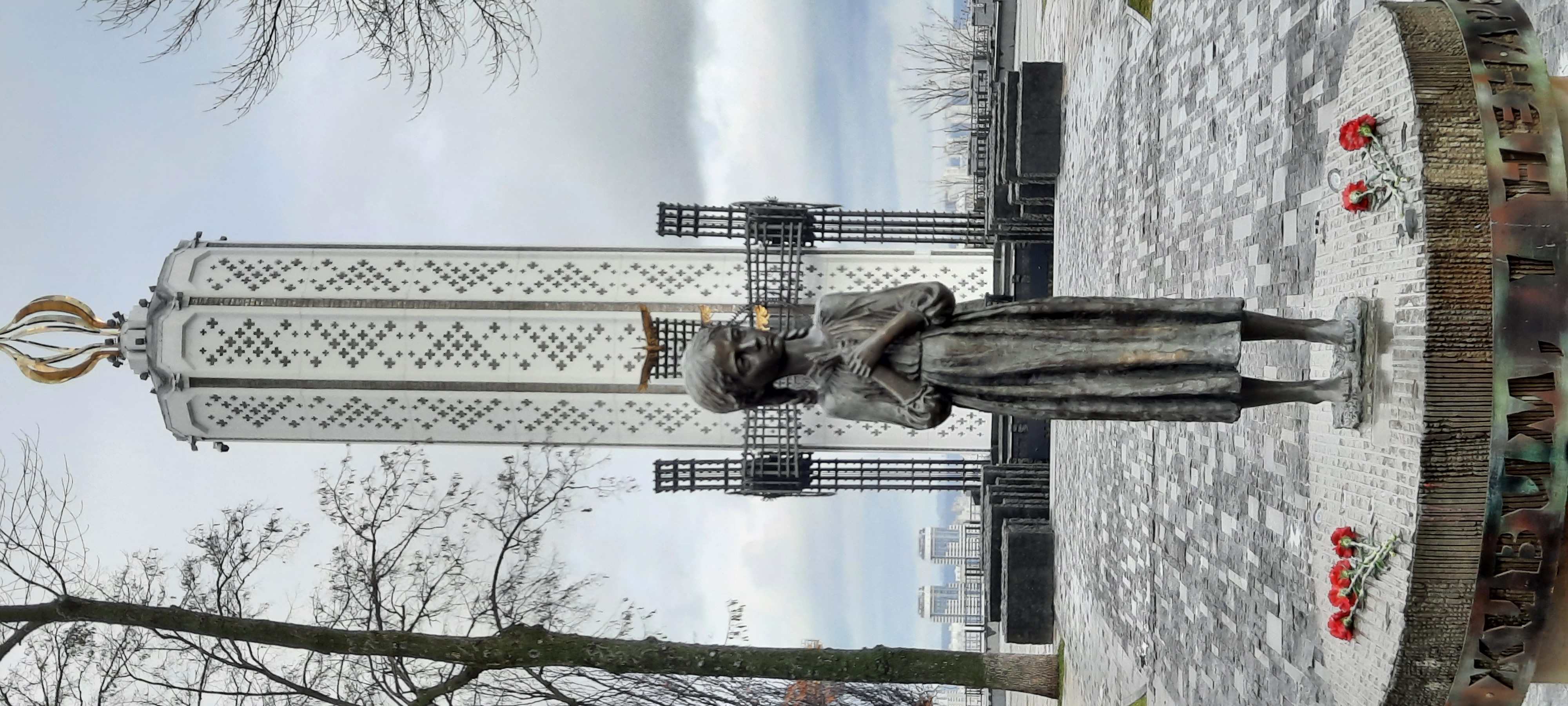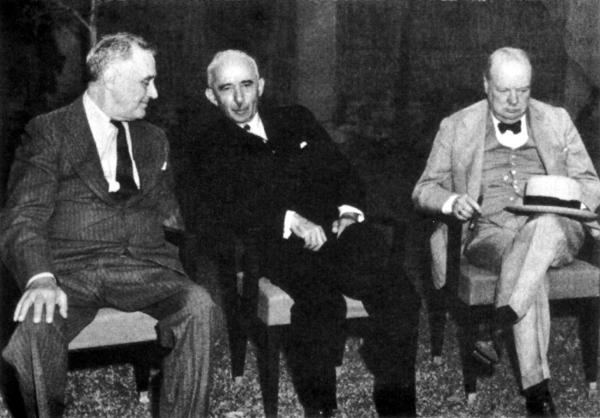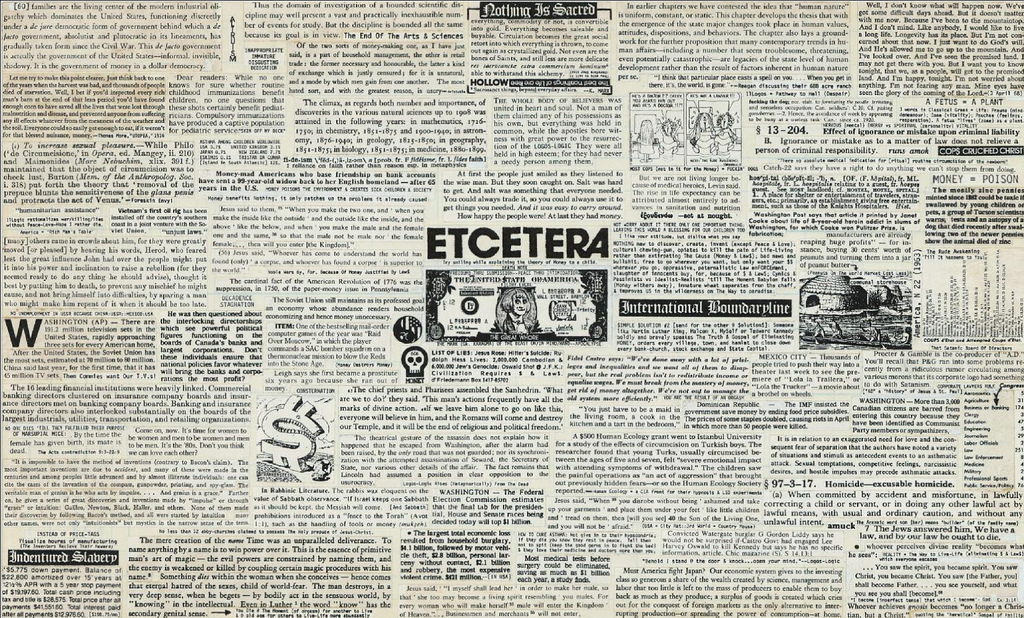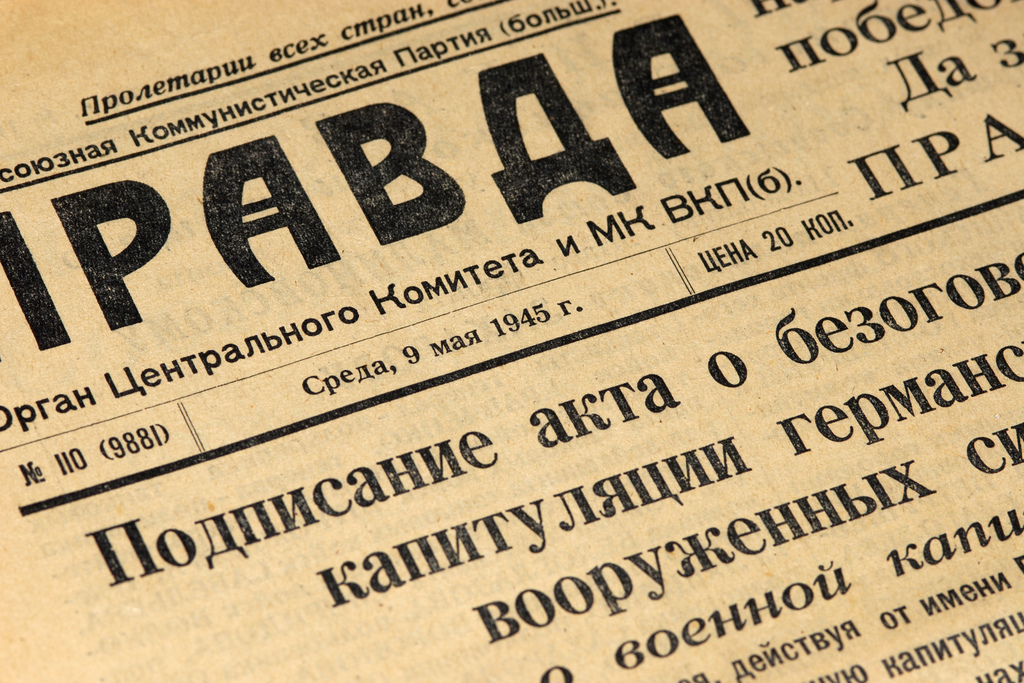Written by Natalia Kuzovova
The famine of 1932–33 in Ukraine was a genocide of the Ukrainian people that claimed the lives of 3.9 million people. The total number of demographic losses amounted to more than 4.5 million. For a long time, archival documents about the famine were classified. But the surviving Ukrainians kept talking about the fact that ‘we are being killed by hunger’, ‘we were starved to death’. Therefore, the word ‘Holodomor’ became a signifier for this famine.
Leave a Comment



